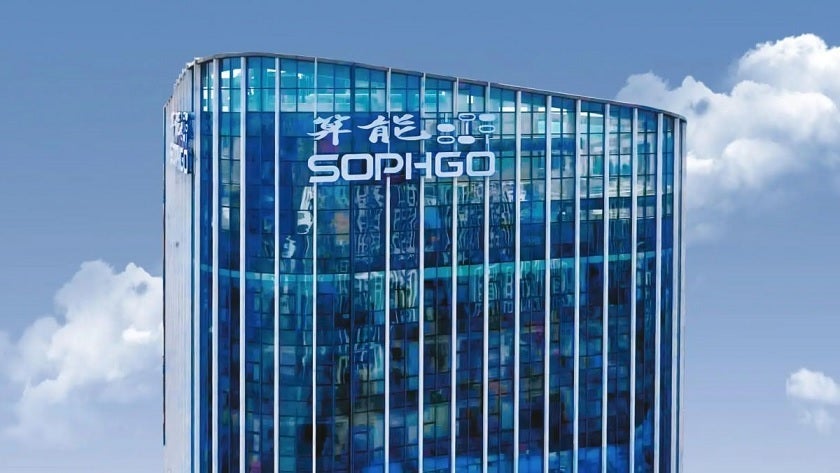The following year, an export rule change made by the Commerce Department no longer allowed foundries using American technology to ship cutting-edge semiconductors to Huawei. The goal was to keep 5G chips away from Huawei and away from China’s military. That worked from 2021 to the summer of 2023 when Huawei announced the Mate 60 Pro. The flagship phone was powered by a new Huawei 5G chipset made by China’s SMIC using its 7nm node. For the first time since the Mate 40 line, the Mate 60 series gave Huawei a high-end phone to sell that supported 5G.
The TSMC built chip was discovered by TechInsights when it took apart the Ascend 910B. Once the chip was found in the Huawei AI processor, TechInsights notified TSMC. The foundry told the U.S. Commerce Department and after it matched the chip to Sophgo’s design, the Taiwan-based chip manufacturer suspended shipments to Sophgo. U.S. authorities are currently investigating the matter.
Huawei’s Ascend 910B, launched in 2022, is considered the most advanced AI chip available from a Chinese company. The Huawei Ascend 910C follow-up will be mass produced starting early next year. That chip is designed to compete with NVIDIA’s top AI silicon. On November 11th the U.S. ordered TSMC not to ship to China advanced chips made using the 7nm or higher process node. Huawei says that it has not had any chips built by TSMC since the new U.S. export rules went into effect in 2020.

Sophgo is about to be placed on the Commerce Department’s Entity List. | Image credit-Gigazine
Sophgo said back in October that it “has never been engaged in any direct or indirect business relationship with Huawei.” More typically, Sophgo does business with local governments and state-owned firms with China Telecom mentioned as one example. Over the last two years, the Sophgo and Bitmain AI chips were purchased by State-run universities in China building AI tools and by police stations looking to improve their surveillance operations.

